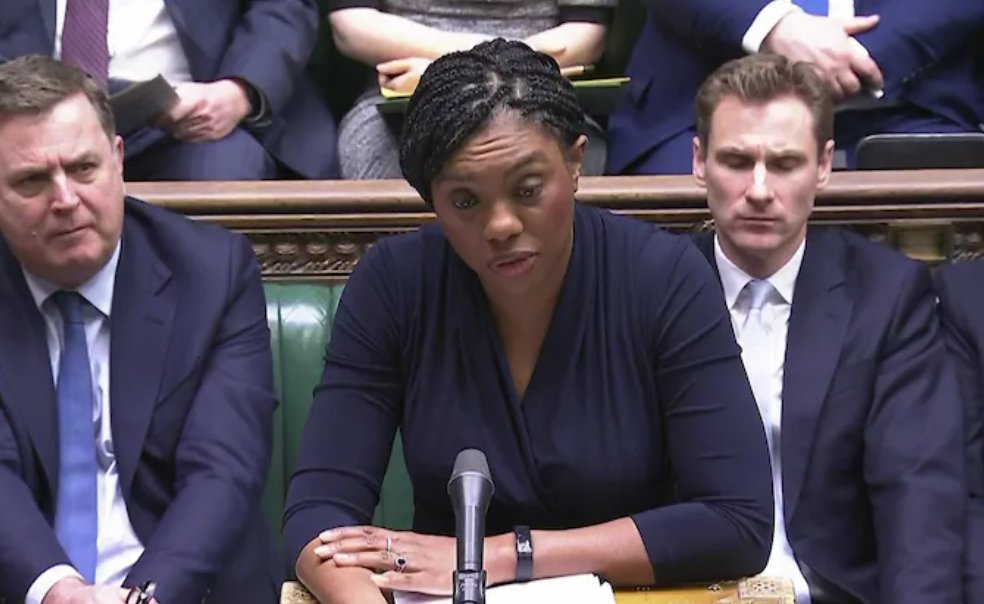1/ Four authors have resigned from JK Rowling's literary agency, saying, “Freedom of speech can only be upheld if the structural inequalities that hinder equal opportunities for underrepresented groups are challenged and changed.” Two problems with this principle. First, it's a
2/ rationale for trying to silence those who don't share your political ideology. Second, upholding free speech is a necessary condition for increasing opportunities for underrepresented groups. Without the protection of the First Amendment, the leaders of the American civil
3/ rights movement would not have been able to organise, march and protest. Trans activists, like all those fighting for the rights of underrepresented groups, should embrace free speech, not attack it.
3/ Because without the protection of the First Amendment
• • •
Missing some Tweet in this thread? You can try to
force a refresh

















